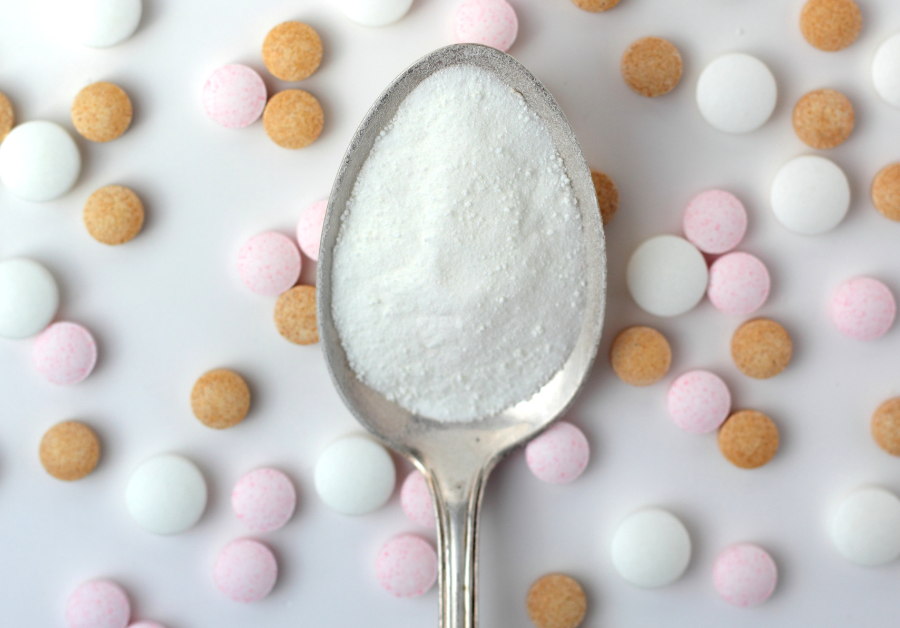
Inositol
Inositol, often called vitamin B8, is a key cellular component that plays an important role inregulating sugar levelsin the blood andnervous functions.
Inositol
- It is an isomer of glucose, chemically a sugar alcohol containing six hydroxyl groups. Inositol exists in nine isomeric forms, the biologically active of which are myo (MI) and d-chiro (DCl) inositol, which can be obtained from the diet from a wide range of foods (e.g., whole grains, fruits, seeds). In the human body, it is produced in the brain, heart, and kidneys. It is sometimes referred to as vitamin B8.
- Exogenous myo-inositol is absorbed in the intestines and then deposited in the brain, cardiac and skeletal muscle cells, as well as in the bones and gonads. Myo-inositol is also produced by saprophytic bacteria.
- In recent years, this compound has found a place in clinical practice in the treatment of infertility and polycystic ovary syndrome (PCOS), and in studies on insulin resistance, its action as a mediator of intracellular insulin action has been observed.
- It builds phosphatidylinositol, a precursor to important second messengers (IP3 and DAG) of hormones such as GnRH (gonadoliberin) and TSH. Inositol reduces hyperinsulinemia and hyperandrogenemia, which leads to the return of regular menstrual cycles in patients with polycystic ovary syndrome.
- It participates in egg maturation and is used to regulate ovarian function in PCOS by acting as a transmitter in the insulin metabolic pathway, reducing insulin resistance and thus lowering androgen levels. This leads to the restoration of normal hormonal parameters and lipid metabolism, directly translating into improved fertility.
- Some sources report that it may have potential antidepressant effects.


